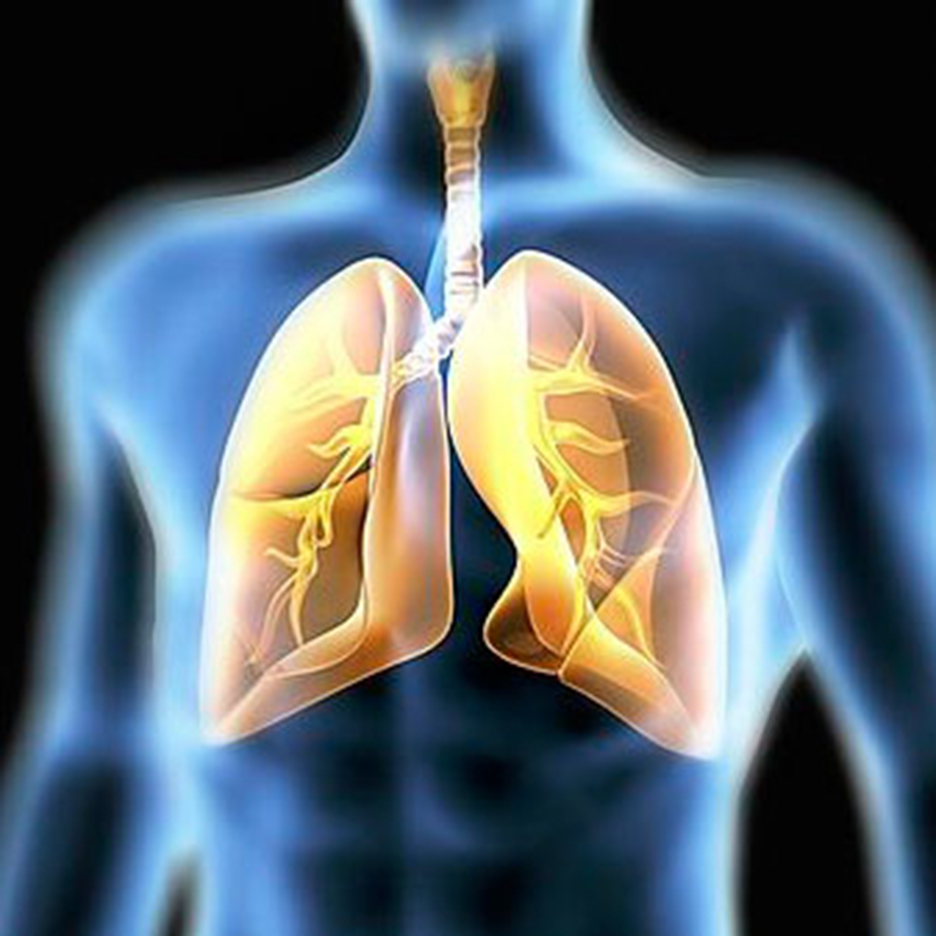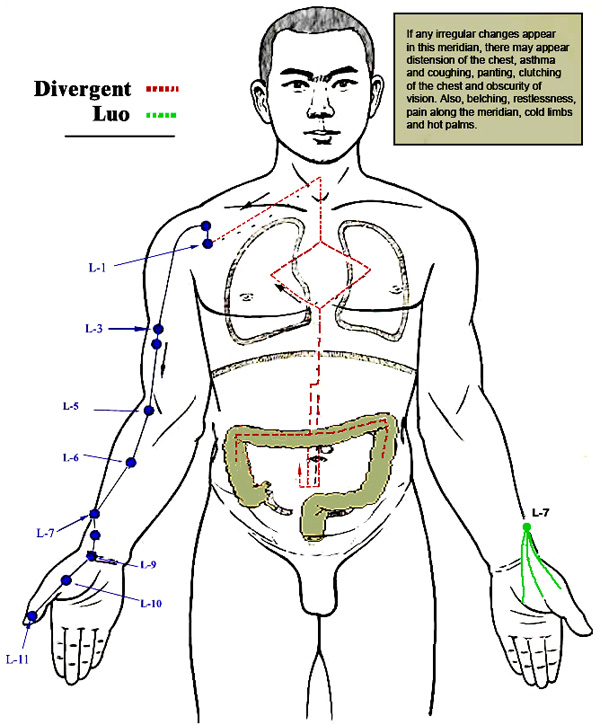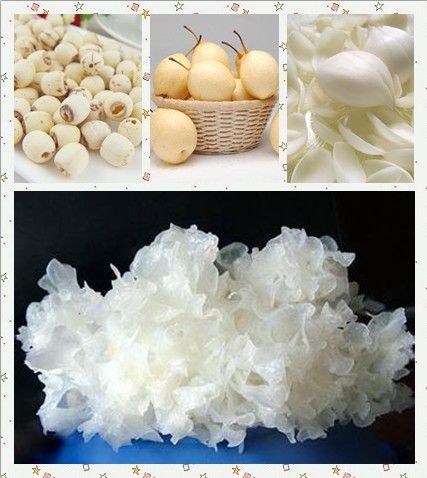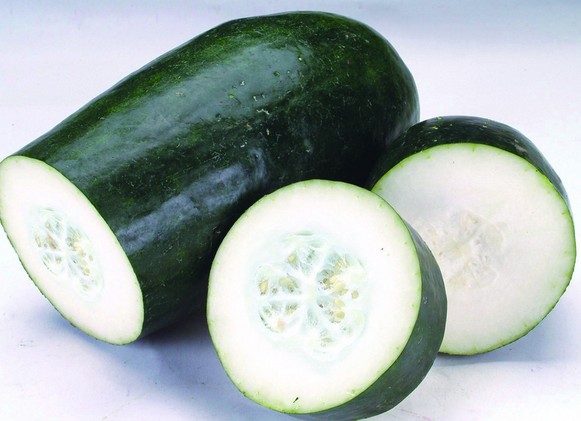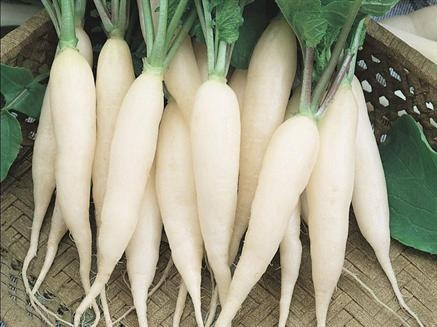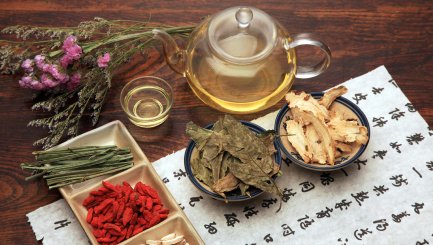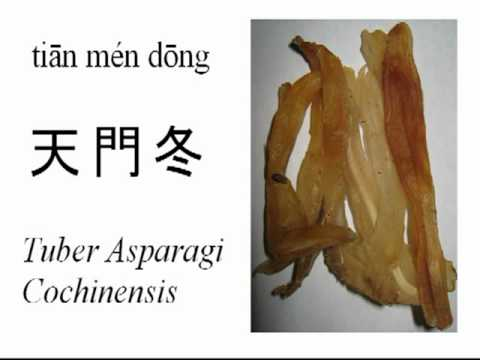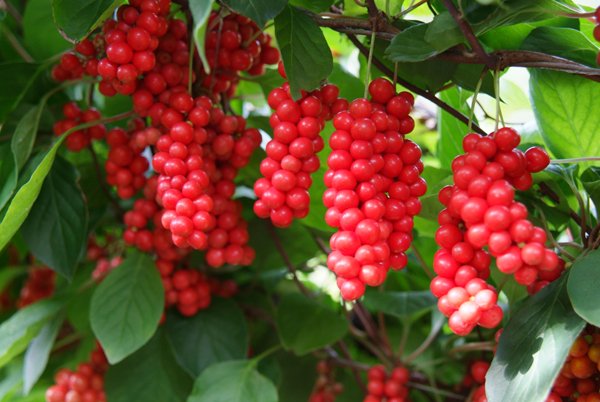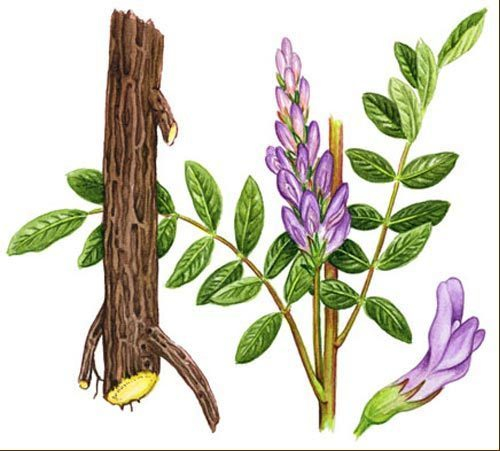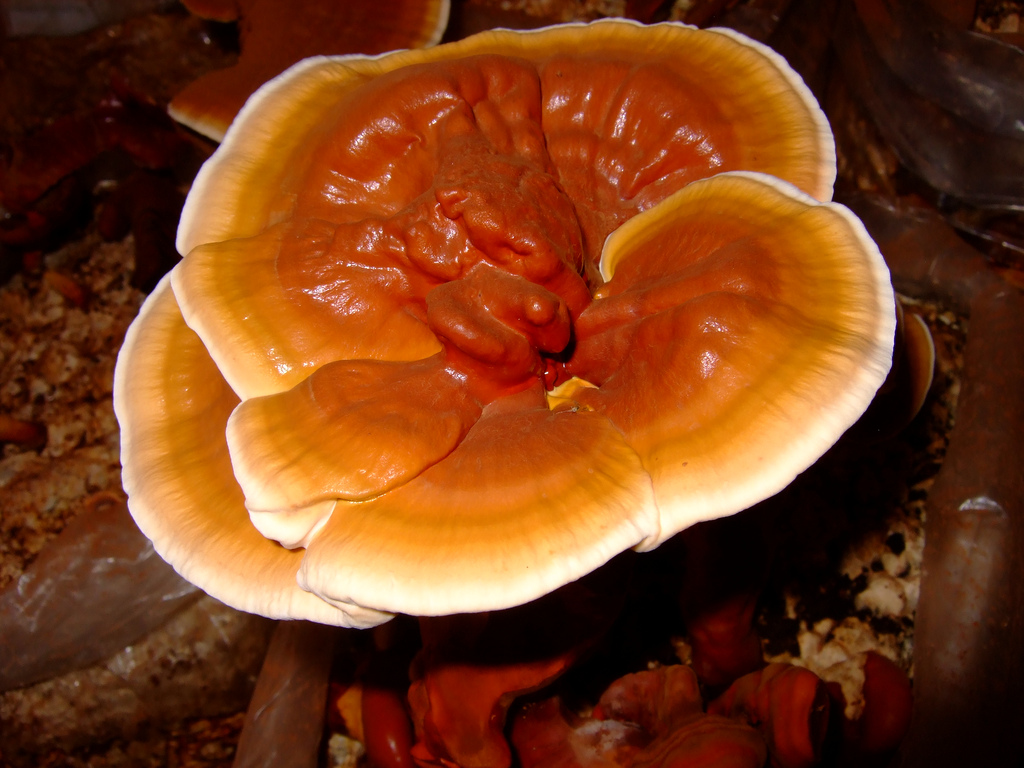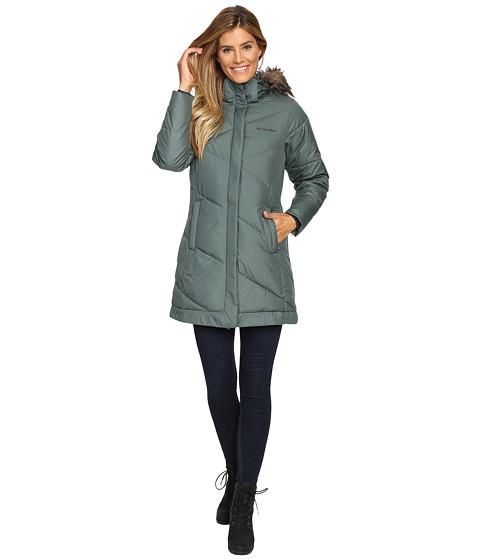Fall and Different Wellness Modalities
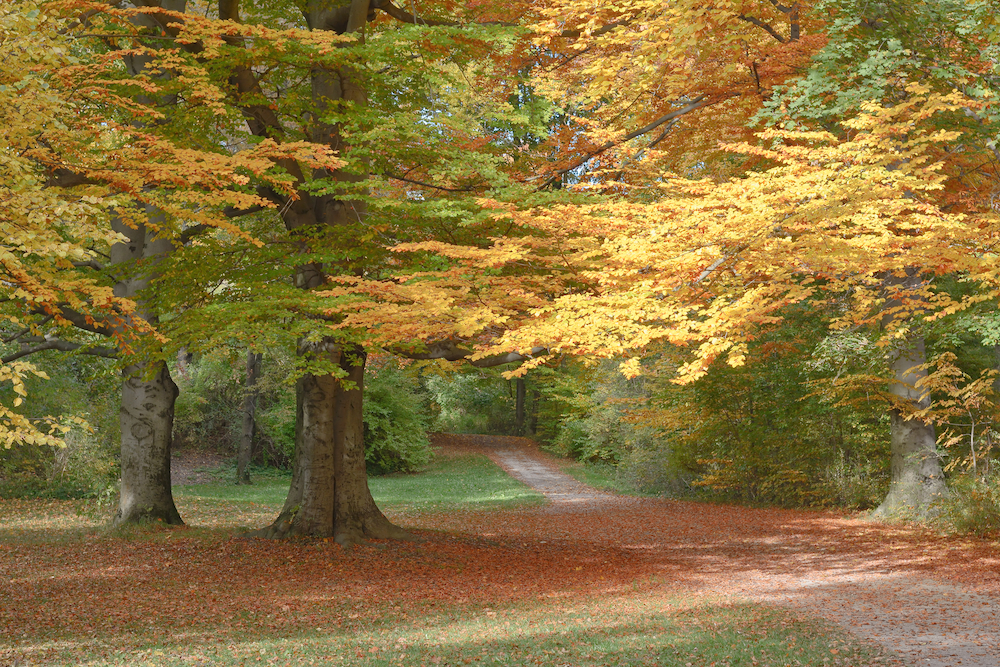 Hello and welcome again to our blog, thank you for your visit and time we appreciate it. It is what keeps us going. This week 242 we are sharing information on how to prepare ourselves for fall so we can enjoy this time of the year in harmony with the earth and our wellness, according to Chinese medicine and with many other sciences like Ayurveda, the different seasons not only rule nature in its whole but rules our body and its wellness, I grew up in nature and with people that taught me how to be in harmony with this process, we ate what was seasonal and what grew in our immediate vicinity no imported foods and is a reason why nature does that, here in our research we are sharing what is the best ways according to Chinese medicine to stay in harmony and avoid disbalances in our body and mind and with that in our overall, enjoy and please share and like if you do, thank you again from all of us at Isabel’s Beauty Blog.
Hello and welcome again to our blog, thank you for your visit and time we appreciate it. It is what keeps us going. This week 242 we are sharing information on how to prepare ourselves for fall so we can enjoy this time of the year in harmony with the earth and our wellness, according to Chinese medicine and with many other sciences like Ayurveda, the different seasons not only rule nature in its whole but rules our body and its wellness, I grew up in nature and with people that taught me how to be in harmony with this process, we ate what was seasonal and what grew in our immediate vicinity no imported foods and is a reason why nature does that, here in our research we are sharing what is the best ways according to Chinese medicine to stay in harmony and avoid disbalances in our body and mind and with that in our overall, enjoy and please share and like if you do, thank you again from all of us at Isabel’s Beauty Blog.
There is a slight nip in the air. The days are starting to get shorter and just as the squirrels have gotten down to the business of storing nuts for the winter. Fall is the beginning of the yin cycle when the daylight lasts less than twelve hours. It’s a time of harvest when we gather the colorful fruits and vegetables for winter storage. Pumpkins and squashes are our symbols of bounty. We also store wood for the fire and get out our warm clothes for the colder, darker days of winter.
Within the cosmology of Chinese medicine, human beings are regarded as microcosms of the natural universe. We are subject to the same cycles that occur in nature. Autumn follows on the tail of the harvest, signaling that it is time to prepare for winter. The sap of trees settles into the interior, sinking down toward the roots. With fall comes a sense of gathering in, stocking up, mingled with a sense of loss as the light begins to fade and the air chills. It is a time to eliminate what is unnecessary and become aware of what is essential.
The organ system that shares the power of this season is the Lung. Corresponding to the temperament of autumn, the Lung pulls in and refines the Qi, (energy) sending it downward to nourish our roots. Ruling the skin, the outer limit of the human body, the Lung protects against external invasion and safeguards internal resources. Since autumn is a dry season, we need to protect ourselves from cold air evaporation of moisture from our skin. Moistening, softening and nurturing foods for this time include white rice, white beans, pears, radishes, sea vegetables, potatoes, cabbage, turnips, and parsnips here if you notice the color of foods that nourishes the lung is white.
The fact that the lungs rule our skin is important for the people that notice great changes in their skin in fall, this season is we need to adjust our skin nourishment to a creamier thicker product, I love Shea butter myself, I add essential oil of Sandalwood to it and maybe a drop of rose and make a fantastic protection to my skin.
The Lung is also responsible for our capacity to discern and discriminate, defining and refining our sense of what is right, morally and ethically. It is the Lung that nourishes our capacity to be analytic, critical, methodical, efficient and disciplined. Autumn reminds us that we reap what we have sown, that all of our actions have consequences interesting time for Karma. The clarity that comes with autumn enables us to distinguish between the things that contribute not only to our own well-being but also the benefit of others, reminding us that we live in an interdependent world.
Lung & Large Intestine Organ System
From: http://www.chineseherbsforyou.com/lung-diseases-chinese-medicine-s/6119.htm
The Protector
The Lung Organ System energy is descending and is associated with the distribution of Wei Qi outward to your muscles and skin in their nourishment and protection. It is associated with the emotions of grief and sadness, the element metal, the color of white or metal luster, the season of fall, bodily fluids that lubricate, the Wei Qi or immune protection and the Large Intestines. The Lung Organ System opens into the sinus and nasal passages and is directly related to respiratory and circulatory energy especially of water. The Lung Organ System is responsible for the mixing of air [Gong Qi] and food [Gu Qi] received by the Spleen creating Essential Zong Qi.
The Lung’s task is that of making a boundary between the inner and the outer world. The inner environment needs to be protected by a clear boundary which both defends and defines the person. Across this boundary, vital materials can be taken in and waste materials excreted. The most vital and obvious material that the Lung takes in is oxygen; but as we shall see, the Lung, in Chinese medicine, is more than the respiratory system. The Lung has to do with boundary, breath, and renewal.
The skin is like an outer lung and the pores are seen as the ‘doors of Qi’. The skin also breathes and exchanges substances with the outer environment. It’s healthy functioning is seen as an aspect of Lung function. Beneath the skin the protective energy known as Wei Qi is said to circulate, defending the body against invasion from pathogenic forces.
From: http://www.meridianpress.net/articles/thelung-chinesemedicine.html
The Lung’s paired Organ, the Colon, is concerned with release and elimination. The Lung and Colon together are related to immunity, the strength of the protective boundary. Pathogens most easily enter through the respiratory and digestive systems and the Lung and Colon are responsible for maintaining the integrity of these systems so that they are not penetrated by invaders. According to Chinese medicine, the body’s defensive energy is directly dependent on the strength of the Lung and Colon.Another organ that the Lung works with is the Spleen. After receiving food nutrients from the Spleen, the Lung mix them with the air you breath to create healthy QI. It then sends the healthy Qi to the rest of the Organs and throughout the entire body. The remaining impure Qi is expelled through the nose, your pores, and the large intestine.
When is Lung imbalance, it means your Lungs ability to distribute and regulate internal water flow by turning some of the Qi into moisture. After receiving nutrients from the Spleen , the Lungs transform this form of QI into a fine mist that permeates the body from head to toe, inward toward the center of your body and outward to the surface of your skin. It produces the soft, dewy, and lustrous appearance that your skin craves when this delicate balance is off, is like a plant without water.
The Lung’s physical expression as the boundary between the organism and its environment is expressed at the psychological level as a sense of one’s personal boundary. A clear psychological boundary enables us to know who we are, to meet another and to establish the clear relationship. When the sense of boundary is strong we can receive experience through the boundary and communicate outwards through it; the boundary is flexible and responsive, opening to receive ‘good’ influences and closing to screen out ‘bad’ influences. It enables us to say ‘yes’ to what we want and ‘no’ to what we don’t want.
Whereas the Spleen is archetypally related to the mother, the Lung is archetypally related to the father. Traditionally it is the father who teaches a sense of self-value and helps us to leave home and find our place in the world. Good fathering teaches boundary, and helps with individuation and separation from the mother. The Lung is, therefore, concerned with feelings of self-esteem and respect for both ourselves and others. Knowing who we are, believing in our self-worth and taking our place in the world are all part of the realm of the Lung.
Finally, the Lung’s role as boundary-keeper may be metaphorically extended to the boundaries we keep in our own home. Well-maintained fences, sensible security, clean windows and a well-kept exterior are domestic expressions of Lung energy.
Lung complementary organ : large Intestine
The lungs govern the desire for structure and boundaries, so a lung type’s personality is also well defined and structured. The lung types keep their emotions in check and they intellectualize their feelings, they usually contain and controlled.
Skin issues Nourish the Lungs
The role of the lung for healthy skin:
Healthy lungs are personified in glowing skin, due to Lung’s primary responsibility, which is to nourish and maintain healthy pore size, skin and proper breathing among many other roles.
Eastern medicine has an expansive concept of the role of the Lung. The belief is that the Lungs are responsible for all parts of the body that “Breath”. This includes the skin, the largest organ of the body, with pores that cover us from head to toe. Consequently, when the Lungs are healthy your skin is soft and dewy and your pore size is even.When the Lungs are weak, your skin changes texture and quality. I become thick or thin, dull or blemish, dry or oily.Damage to your Lungs can happen in many ways. Weather conditions, especially overexposure to wind, cold, and heat aside from pollution like cigarette smoke etc. Excessive sadness or grief,due to the combination of emotional turmoil and too many tears, affects the Lungs and it can have a profound impact on Lung types.
As with all organs, the imbalance of one organ can impact the Lungs. Spleen dampness or Kidney weakness are the conditions most likely to interfere with Lung Qi. by the same token,a weakness in theLungs can negatively impact the large intestine, wish is why Lung types are prone to bowel issues.
Wester medicine believe we are all born with a skin type – normal, oily, dry, a combination of oily and dry, or sensitive.that it is yours for life and doesn’t change much. Eastern medicine sees it different. Chinese doctrine says we are all born with normal skin.When skin becomes oily, dry, or a combination of both, or is sensitive is not destiny or skin condition we just pick up, is most likely due to Lung Qi imbalance.
The skin, as part of the Lung system, can be nourished by rubbing with a good cotton towel or dry brushing these will help maintain the skin’s health and support the immune system. Wearing natural fibers will allow the skin to breathe freely; going naked from time to time when weather and circumstances allow will also help the skin to breathe. Moderate sunbathing will nourish the skin, although overexposure may be damaging.
Among the outside factors that affect Lung Qi environmental conditions, such as weather changes, pollution, excessive lifestyles, such as poor diet or too much drinking,fluctuating hormones, especially around menstruation.
Emotions
If you have gone through or are currently going through, a great deal of grief, sadness or loss and has not been able to “cut off” or resolve the connection you may have weakened Lung or Protective Wei Qi. Disharmonies associated with weak Lung Qi may appear as shortness of breath, chronic lung illnesses [or a chronically low general immune system] and a chronic cough. An important raw formula that helps in replenishing the Lung Qi Depletion would be the Immune & Energy Enhancement Formula.
Emotionally there is likely to be constraint and sadness, perhaps a hiding within one’s boundary. There may be the lack of self-esteem, harsh judgment of both self and others and failure to respect or understand one’s own and others’ boundaries. Dignity may turn to false pride, leaving a person feeling alone and separate. It may be hard to claim a place in the world.
Related Lung & Large Intestine Disharmonies
Research the below Disharmonies on our Chinese Medicine Search
• Chronic cough
• Spontaneous sweating
• Dry throat/nasal passage
• Mental and physical fatigue
• Low immune
• Unresolved sadness/grief
• Dry, flaking skin
• Shortness of breath
• Edema of the body and extremities [water retention]
• Night sweats
• Constipation
• Fungal skin problems
According to Traditional Chinese Medicine, our lungs are one of the most important parts of our body to protect when preventing a cold. They are considered the most superficial organ in the body and are thus most vulnerable to insult from the outside environment.
The lungs are thought to be most active in the fall, and also play a large part in our body’s defense systems. Nourishing the lungs by incorporating certain foods into your diet and avoiding others when you are sick may help you get over colds and flu faster – especially if infections tend to settle in your lungs.
The lungs control the circulation of an energy called Wei-Qi, (pronounced “way chee“) or defensive Qi, which is responsible for protection against infections like colds and flu. The defensive Qi travels throughout the body just under the skin surface, keeping you warm and preventing illness. Nourishing the lungs and Wei-Qi at this time of year may help you avoid colds and flu or bronchitis.
Foods that complement the Lung
from: http://chinesemiracleherb.com/five-colors-that-nourish-five-organs/
White moistens lungs
Common white color foods include white beans, winter melon, pear, white radish, white fungus, lotus root, lily, wild rice, rice, tofu, cauliflower, bamboo shoots, yam, jicama and so on.
Foods that nourish Wei-Qi
One classic food to nourish the lungs are pear – also known as the singer’s fruit. Pears help to keep the lungs clear and moist, useful during a dry cough. Warm drinks help nourish the lungs – try a warming concoctions like shredded ginger root steeped into a tea sweetened with honey and a bit of lemon. Other warming foods for the lungs include onions, garlic, horseradish, radish, mustard, cabbage, and turnip. Many of these foods have a pungent quality that is thought to help protect the lungs.
Raw or lightly cooked is best, try including onion and garlic at the end of cooking a homemade soup. Eating veggies that are dark green or orange may offer protection to the lungs thanks to their high content of vitamin A. Other foods that help protect the lungs include carrots, broccoli, pumpkin and squash, kale, parsley, turnip and nettle tea. Marshmallow root tea and fenugreek are also excellent nourishing foods.
Unless you have wind cold in your Lungs, it is especially important to avoid foods and beverages that are drying and will rob your body of moisture, is best to avoid
Alcoholic beverages ( although cooking with wine is okay because it acts as a carrier to expedite the effects of other ingredients )
Coffee
Caffeinated drinks in general
Spicy foods
Cigarettes
| Lung function | Possible symptoms of imbalance |
| Govern Qi and respiration | Congestion and pain along the respiratory systemShortness of breath, cough, dyspnoeaLack of vitality, tirednessWeak voice |
| Control dispersing and descending | Water accumulation (edema) especially in upper body or under the skinThickening of fluids and accumulation of phlegmDryness in the skin or anywhere in the respiratory systemCough, breathlessness, oppression in the chestConstipation/ Urinary retention |
| Rule the Exterior of the body | Allergic reactions (particularly respiratory and dermatological)Low immunity, tendency to catch coldsDry, rough skinSneezingItching and skin rashesNo sweating/spontaneous sweating |
| Open into the nose and manifest in the body hair | Blocked nasal passages, sinus problemsImpaired sense of smellNose-bleedsImpaired thermo-regulationLoss of body hair |
| House the Corporeal soul | Chronic sadness, depressionInability to “engage” or feel emotionsLow self-esteem/feeling of self-worthFear of change and extreme attachment to people, things or situations |
Foods to Eat When You Are Sick
Foods that help dry dampness in the lungs are often bitter. These may include lettuce, celery, turnip, rye, asparagus, vinegar, papaya and chamomile tea. Also, try miso soup with green onions and root vegetables.
Foods that may promote mucous formation and dampness are the ones you should try and avoid especially if you have a runny nose or a productive cough. These include dairy products, heavy meat products, tofu, soy, pineapple, salty foods and very sweet foods.
Citrus fruits and spinach should also be avoided as these are cooling foods that can promote dampness. Foods high in processed sugar are also thought to create phlegm. Try avoiding these when you get sick to recover faster!
Healthy Lung Habits
Use a scarf or collar to cover the front and back of your neck when you go outside, and make sure to have your lower back covered. These two areas are called our ‘wind gates’, where wind has a chance to enter and cause cold and flu symptoms in the lungs. Avoid drafts and wind.
- Let go of pre-conceived ideas and prejudices that serve no purpose in your life: Just as we need to de-clutter our environment and our inner space, clearing out mental waste such as culturally acquired ideas that hold no truth but which stop us from engaging with people and situations is important for good health and the renewal of our energy.
- Seize the moment: The Lung energy fuels our ability to be in the moment and is nourished by our enjoyment of the present. As children, we tended to inhabit our bodies powerfully and to experience each moment fully. As we grow up, many of us lose this ability so as adults staying in the moment needs to be achieved through deep breathing and accessing a grounding calm that allows us to engage with what is happening now. Activities that help us “be in the body” as opposed to trapped inside the mind such as Tai Chi, Qi Gong or Yoga can also provide us with tools that help us achieve this.
- Detach yourself: The Lungs have the ability to constantly renew our energy through a combination of elimination of what is no longer needed and a continuous intake of potentially new energy. This implies an ability to recognize what needs to be discarded and a willingness to allow it to go. Understanding that everything in life – things, ideas, situations, people – is transient enables us to go smoothly from one stage of life to the next. When we are reluctant to accept this reality, we may remain in grief and pain until we make room for new things to come.
Chinese Herbs for Strengthening Lungs
Huang Qi (Astragalus Root)
Tian Men Dong
Schisandra
Licorice Root
Reishi Mushroom
Herbal Lung Cleanser from Traditional Chinese Medicine regimen TCM way to keep healthy the organ
https://youtu.be/I1AuJy-CDvM
Chinese Herbal Medicine Formula for the Lungs and Grief
5 Minute Healing Sounds Qi Gong for Healthy Lungs!
UGG Lattice Cardy
This season, look stylish-chic and be cozy warm in the Lattice Cardy boot from UGG®.
Chinese Laundry Emmanuelle Pinstud Single Handle Bucket Bag w/ Adjustable Strap
Make yourself right at home with the Emmanuelle Pinstud Single Handle Bucket Bag w/ Adjustable Strap.
Columbia Snow Eclipse™ Mid Jacket
Enjoy the energetic hustle and bustle of busy city streets from within the comfortable confines of the Snow Eclipse™ Mid Jacket.
Kuhl Alska™ Hoodie
The Alska™ Hoodie brings cozy comfort to your cool-weather layering.
